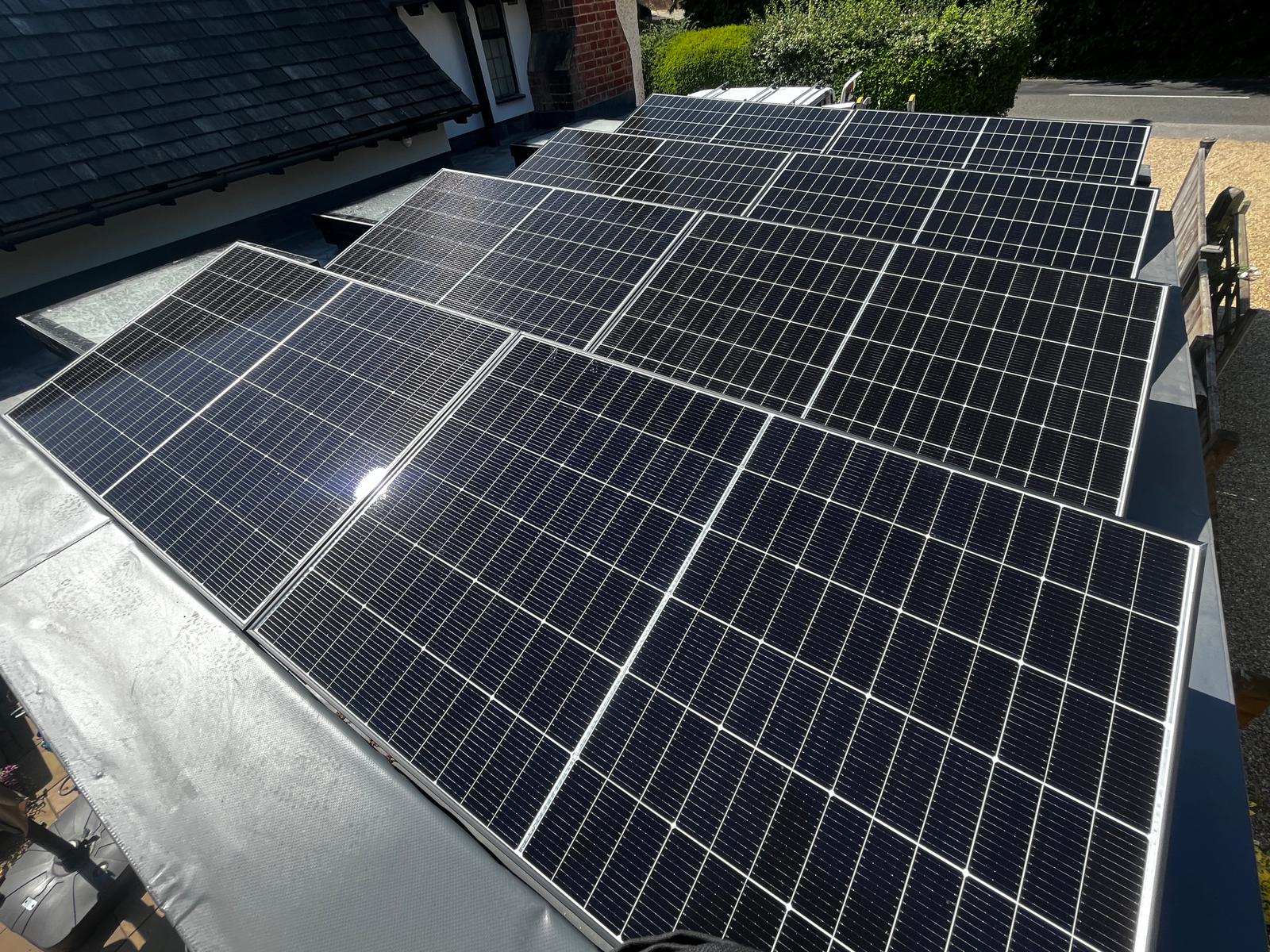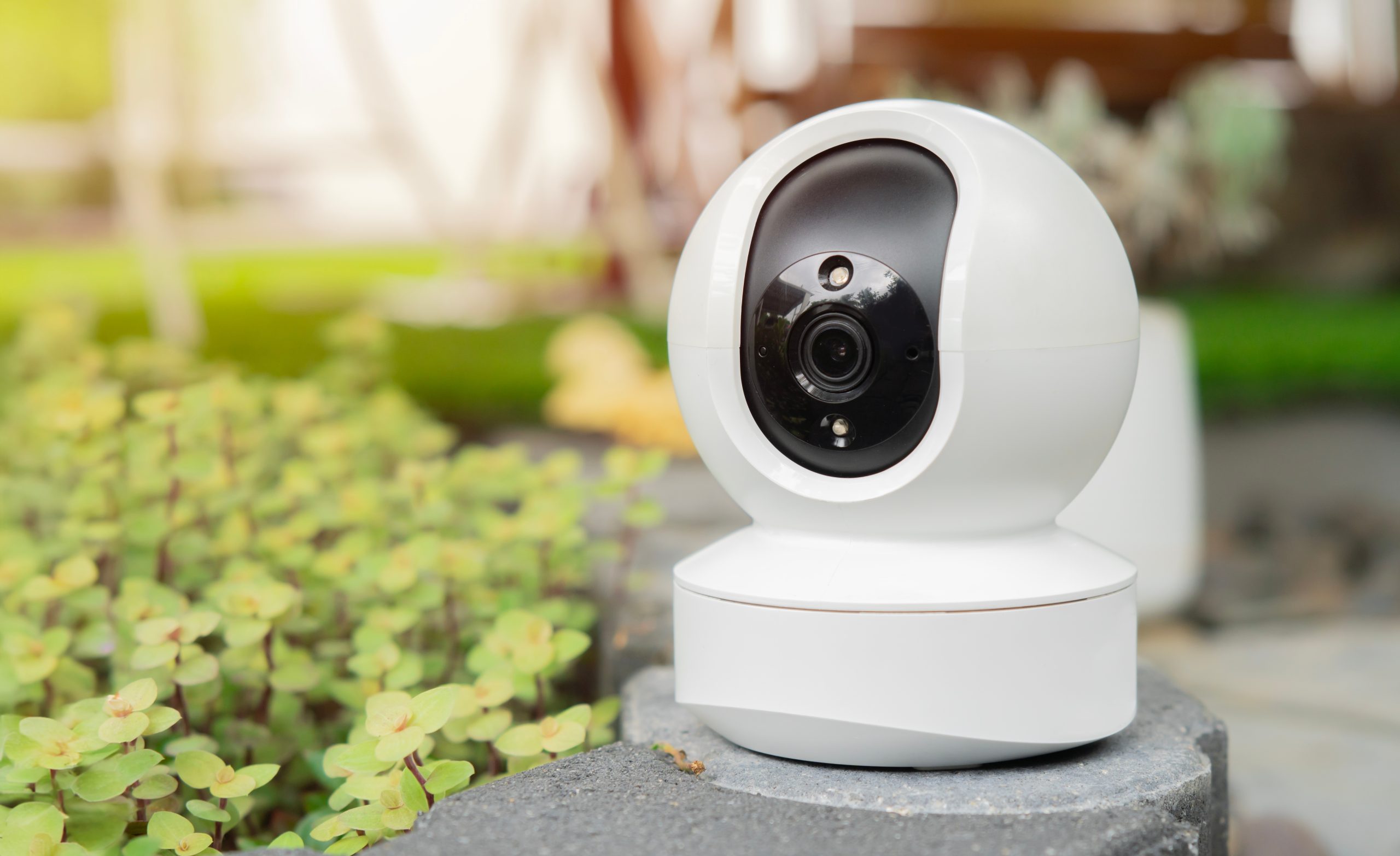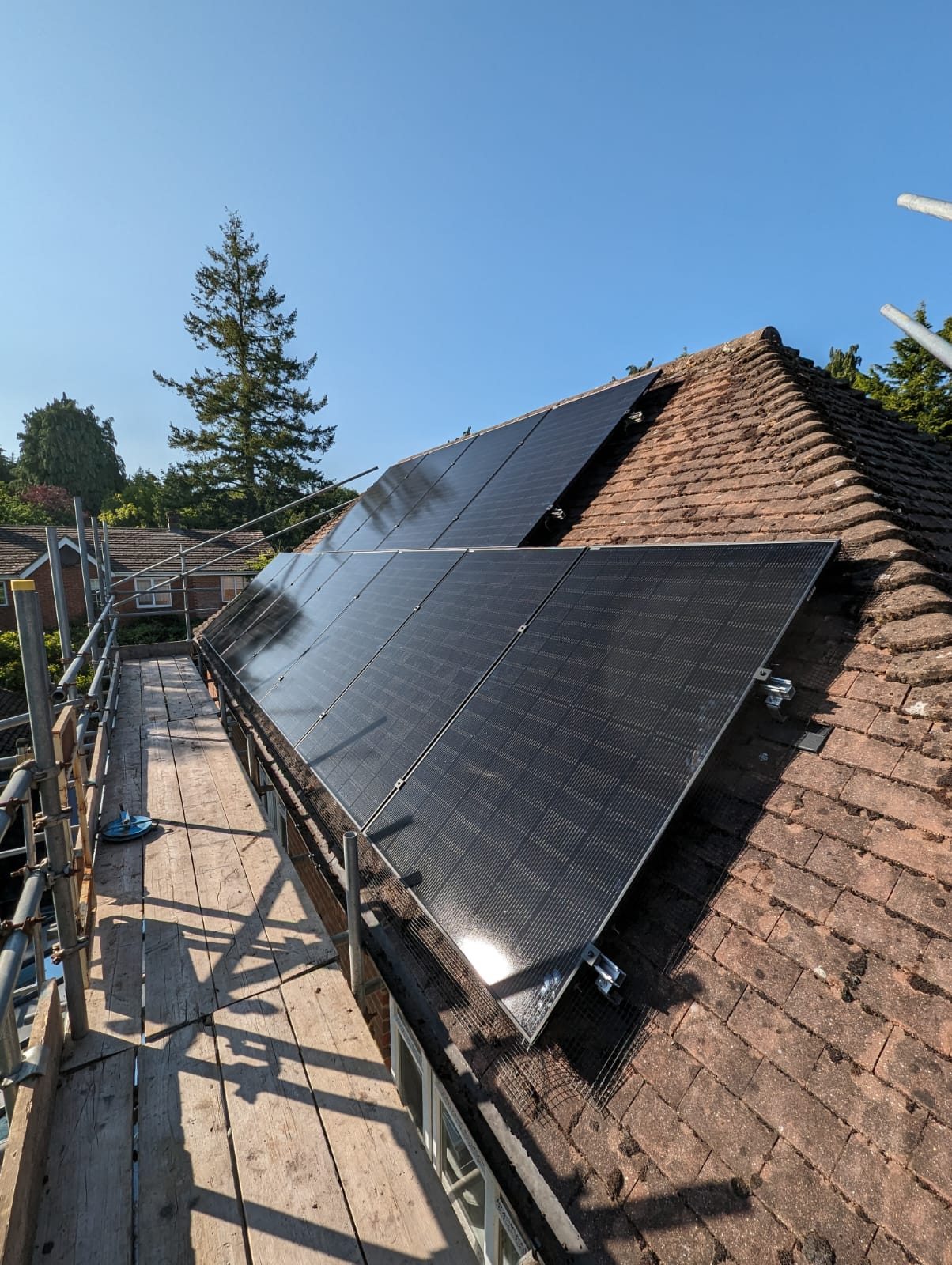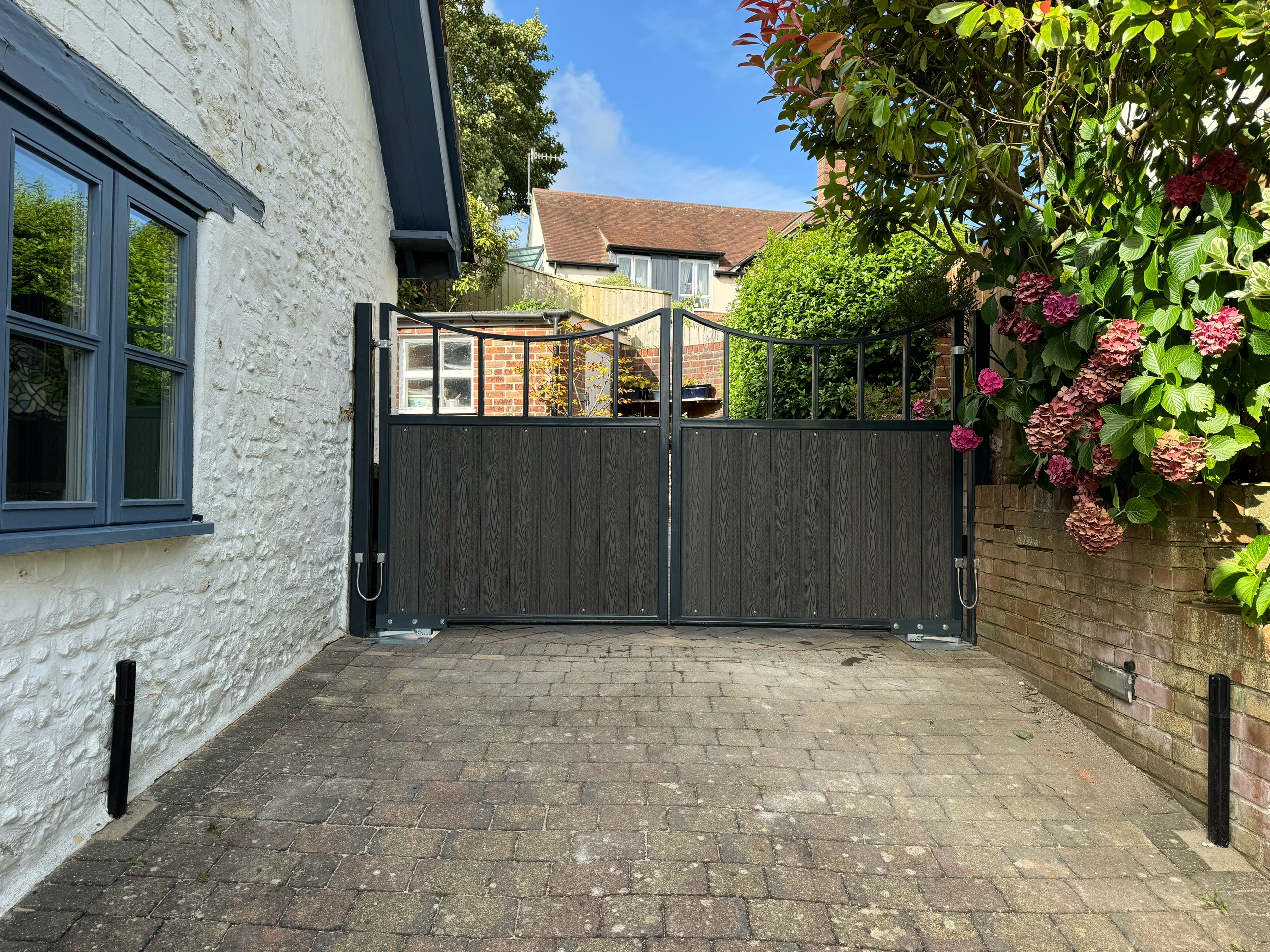Introduction
Electric gates offer convenience, security, and aesthetic appeal to properties. However, understanding the ongoing operational costs is crucial for informed decision-making. In this comprehensive guide, we’ll explore the expenses associated with running electric gates based on average energy prices. We’ll provide example calculations for annual running costs, offer tips to minimise energy consumption, and emphasise the importance of professional installation by a fully qualified company.
Understanding Electric Gate Costs
Electric gate costs encompass initial installation expenses as well as ongoing operational costs related to energy consumption. While the upfront investment varies depending on factors like gate type, materials, automation features, and additional accessories, operational costs are primarily influenced by energy prices and usage.
Example Calculations for Annual Running Costs
To estimate the annual running costs of an electric gate, we need to consider the energy consumption of the gate motor and any additional accessories such as lights or intercom systems. Let’s assume a typical swing gate with a 300W motor and LED lights, operating for an average of 4 hours per day:
Electricity Consumption
Motor: 300W x 4 hours/day = 1200 Wh or 1.2 kWh/day
Lights: Assuming 20W LED lights x 2 lights x 4 hours/day = 160 Wh or 0.16 kWh/day
Total Daily Consumption: 1.2 kWh + 0.16 kWh = 1.36 kWh/day
Annual Consumption: 1.36 kWh/day x 365 days = 496.4 kWh/year
Cost Calculation
Based on an average UK electricity price of around 28p per kWh, the annual running cost would be: 496.4 kWh/year x £0.28/kWh = £138.99/year
Minimising Energy Consumption
When installing electric gates, there are a number of things you can do to help minimise energy consumption;
- Opt for gate motors and accessories with energy-saving features to reduce power consumption.
- Timer Controls: Program the gate’s opening and closing times to minimise unnecessary operation, especially during off-peak hours.
- Motion Sensors: Install motion sensors to activate the gate only when vehicles or pedestrians approach, reducing idle power usage.
- LED Lighting: Replace traditional bulbs with energy-efficient LED lights for gate illumination.
- Regular Maintenance: Ensure the gate system is properly maintained to optimise performance and energy efficiency, including lubricating moving parts and checking for any electrical faults.
The Importance of Professional Installation
Having your electric gate installed by a fully qualified company is essential for several reasons. Professional installers adhere to safety standards, minimising the risk of accidents or malfunctions. They should also ensure that the installation meets regulatory requirements and local building codes. Proper installation will also enhance the gate’s durability and longevity, reducing the likelihood of costly repairs.
Locating Electric Gate Installers Nearby
Searching for “electric gates near me” enables you to find local installers who offer several advantages:
- Convenience: Nearby installers can provide prompt service and support, minimising wait times and travel distances.
- Expertise: Local installers are familiar with regional regulations and environmental conditions, offering tailored solutions to meet your specific needs.
- Support: They can offer ongoing maintenance services and troubleshooting assistance, ensuring your electric gate remains in optimal condition.
Summary
Understanding the costs associated with running electric gates allows property owners to make informed decisions and budget effectively. By selecting energy-efficient components, implementing consumption-reducing measures, and prioritising professional installation by qualified companies, individuals can enjoy the benefits of electric gates while minimising operational expenses and ensuring long-term reliability.
If you’re thinking about having a set of electric gates installed at your property, reach out to the incredible Green Light Electrical team today. We’re experts when it comes to all things electrical.











